This Sunday is World Ozone Layer Day and since we are in love with our sky and everything it offers us from a photographic point of view, we wanted to pay tribute to it with this article. In it I give you ideas of what you can photograph and I leave you articles with tips to achieve it and other surprises in the form of images.
…there are no methods to touch the sky
but even if you stretched out like a palm
and managed to touch it in your delusions
and finally knew how it is by touch
, you would always lack the cotton cloud…(Excerpt from Another Sky . Mario Benedetti)
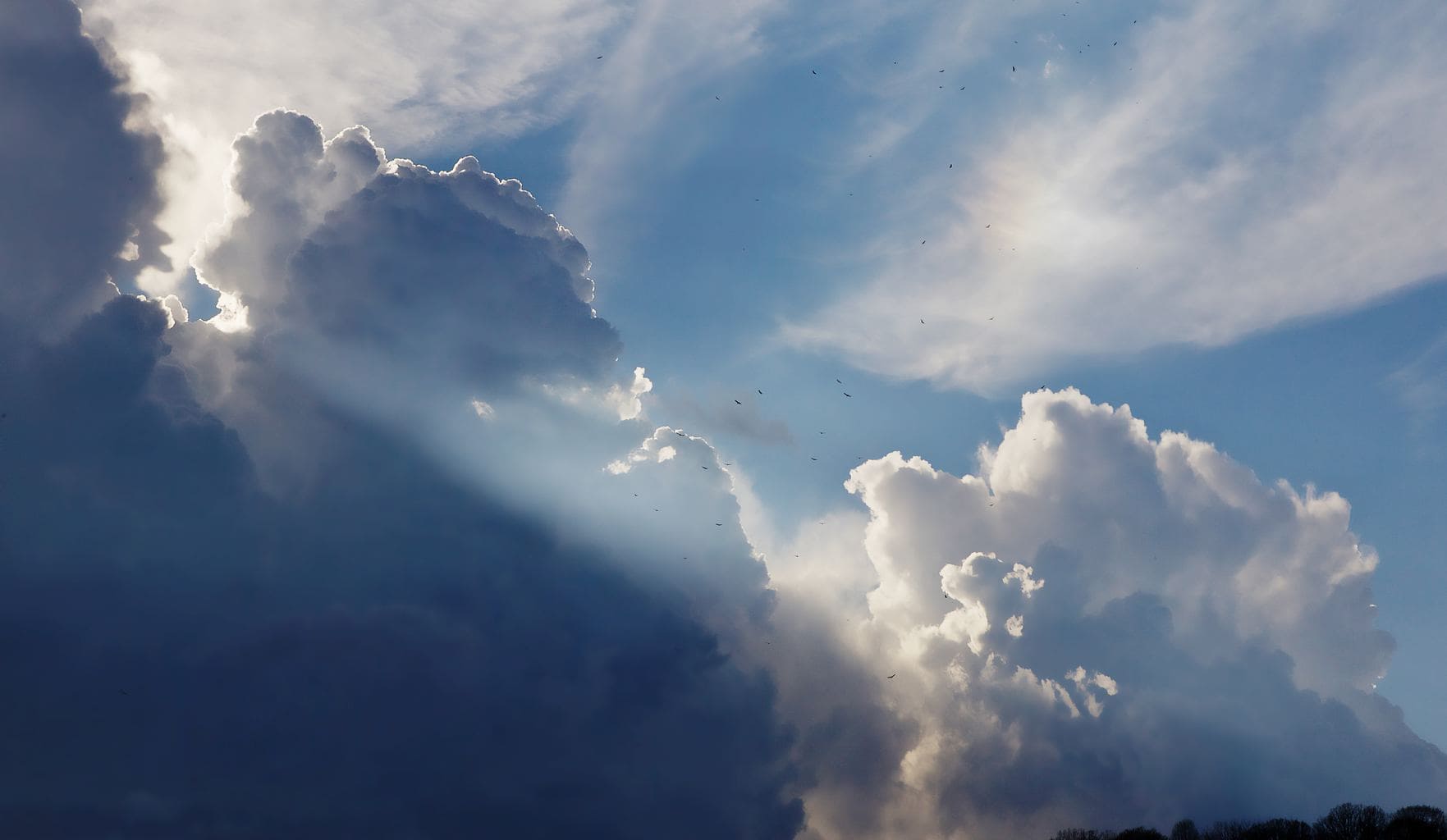
SUNRISES AND SUNSETS
The moment of the day in which all eyes are directed to the sky is, without a doubt, sunset. It is followed closely by sunrise, what happens is that we like getting up early less;). And it is that it is the moment in which the sky gives you a color palette that blinds you with beauty and transmits a peace and stillness that is very difficult to explain with words. There are those who instead of words put images to that feeling. As a photography lover, you will surely identify yourself.
That is why I leave you with these tips to photograph them and be able to express everything they make you feel:
- How to Photograph Spectacular Sunrises and Sunsets
- Recommended Settings for a Correct Photograph of Sunrises and Sunsets
- How to Get Great Golden Hour and Blue Hour Photos
BAD TIMING OR OPPORTUNITY?
It may be thought that the ideal to get the best out of the sky is for it to be clear, sunny, etc. However, storms, rain or clouds give you very photogenic settings, capable of making any viewer vibrate, full of contrasts and strength. That is why you should never leave your camera at home simply because of the threat of water or rain. Not even in the fog!
- How to Get Great Photos of a Cloudy Sky
- Bad Weather, Good Photos
- How to Photograph Lightning Storms [In 12 Steps]
- How to Get Your Most Spectacular Lightning Photographs
- Tips for Awesome Fog Photography
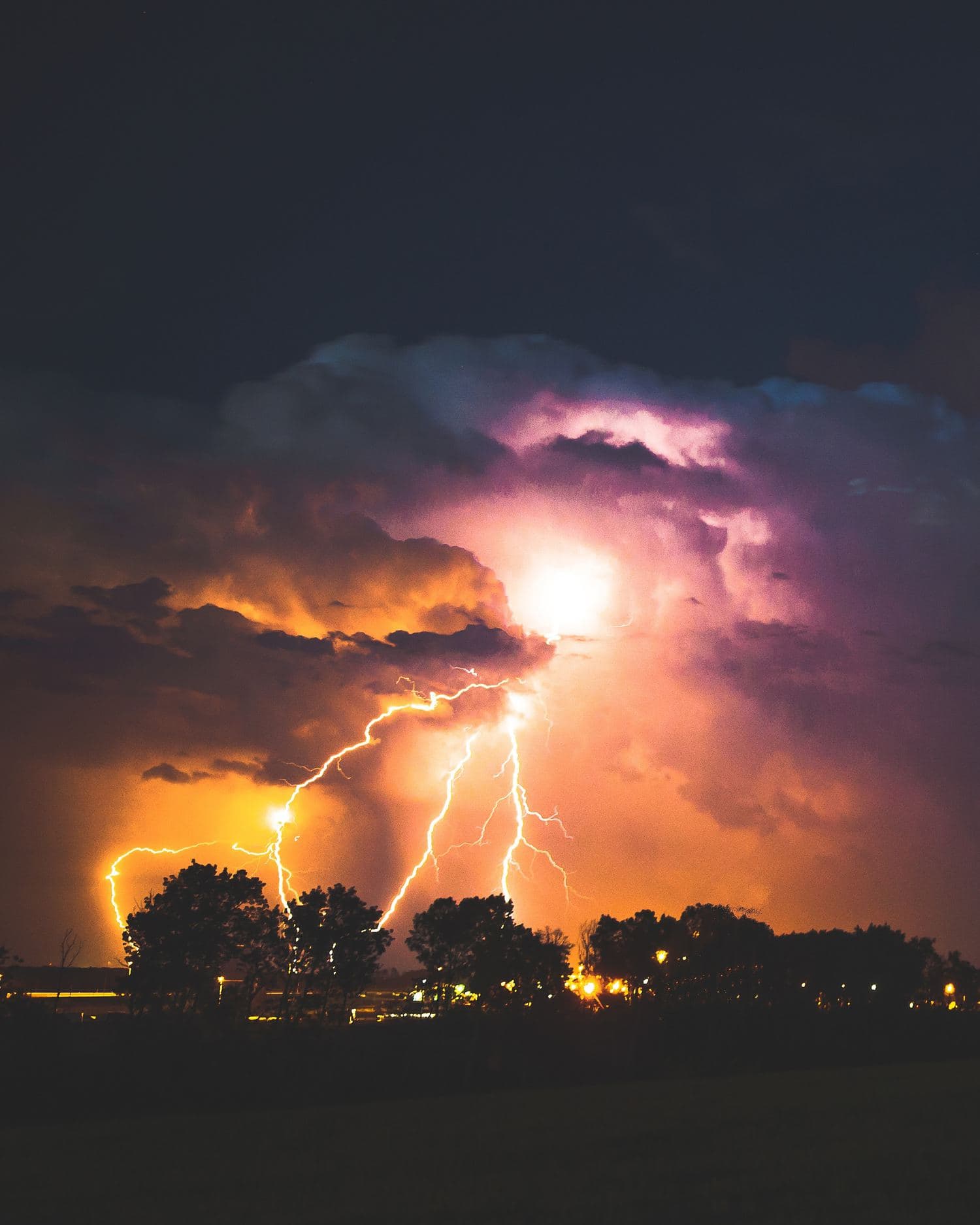
ASTRONOMICAL SKIES
The celestial bodies are another object of photographic desire, a challenge, an illusion and even an obsession for some. Eclipses, moons, supermoons, stars, become the raison d'être of many photography lovers. And no wonder, once her magic catches you, there's no turning back. If you haven't tried it yet, I don't know what you're waiting for, here are tips to deal with all these wonderful motifs and a small gallery to whet your appetite:
- How to Photograph a Sky Full of Stars
- Precautions (And Other Recommendations) to Photograph the Next Solar Eclipse
- Tips for Photographing a Solar (And Lunar) Eclipse
- How to Photograph the Sun: First Steps, Tips and Tricks
- Your Next Unmissable Photographic Appointment (The Supermoon)
- 13 Simple Tips for Photographing the Moon
- What You Always Wanted to Know About Astronomical Photography
- The Guide You Were Waiting For To Photograph The Northern Lights
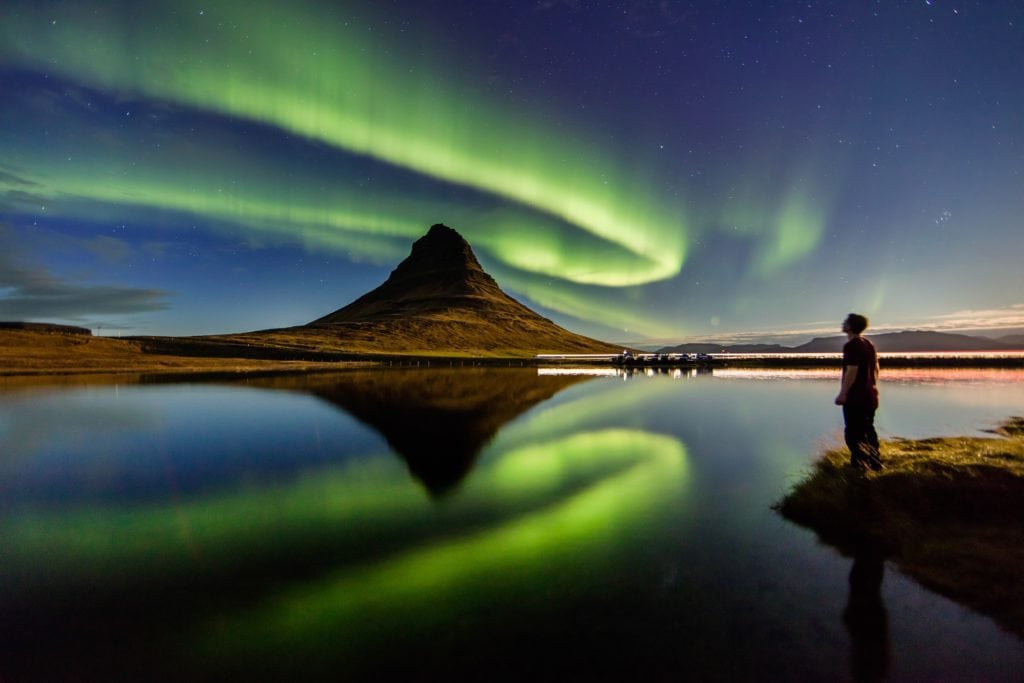
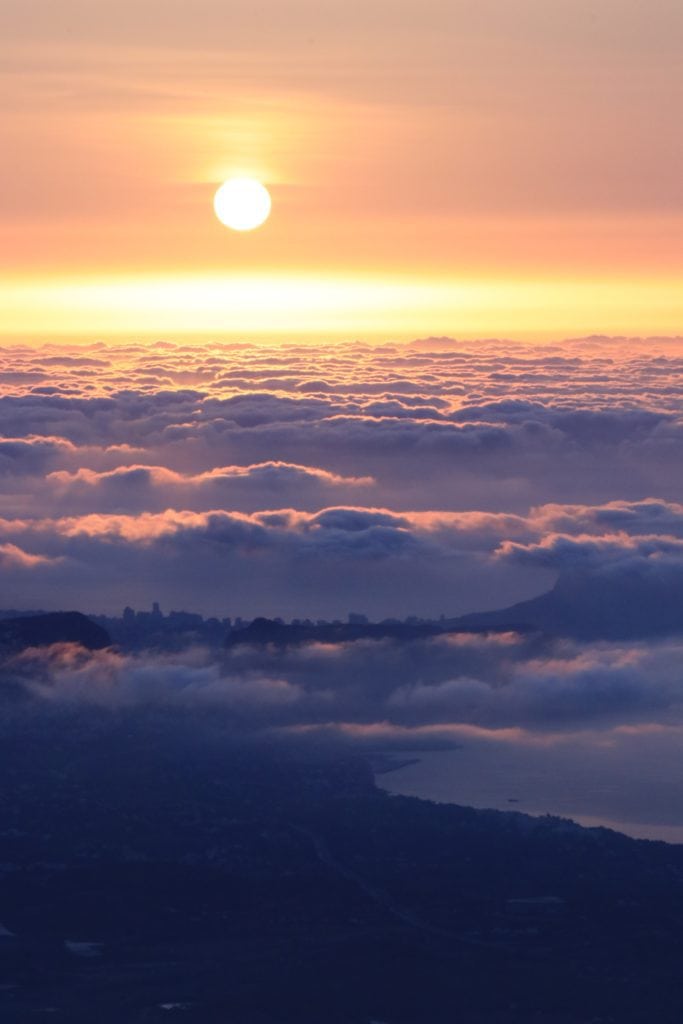
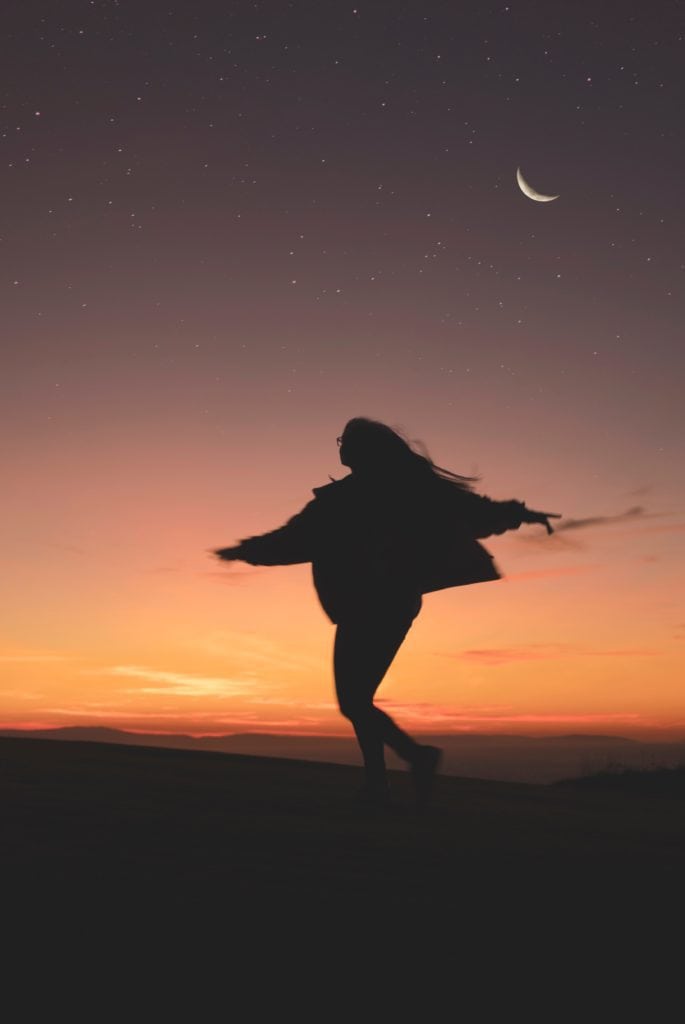

INSPIRATION
If this gallery has awakened the bug, but you've been left wanting more, what better way to close than with a dose of articles with ideas and images to inspire you:
- 15 Stunning Blue Hour Photographs (To Fill You With Inspiration)
- 16 Different Ways to Photograph the Sky (Here's An Inspiration Shot)
- 25 Spectacular Examples of Photographs of the Sun
- 12 Inspiring Examples for Photographing Eclipses
- 15 (Impressive) Photographs You Can Take Depending on the Weather
Now get out. Look at the sky, get inspired beyond the images. Feel its immensity and breathe its beauty. But don't forget the camera.
Before saying goodbye, I would like to ask you a favor, share this article with your contacts. May all of us who have read this article look at the sky with admiration on Sunday, but above all with respect and from an environmental awareness. Thanks and see you soon.


